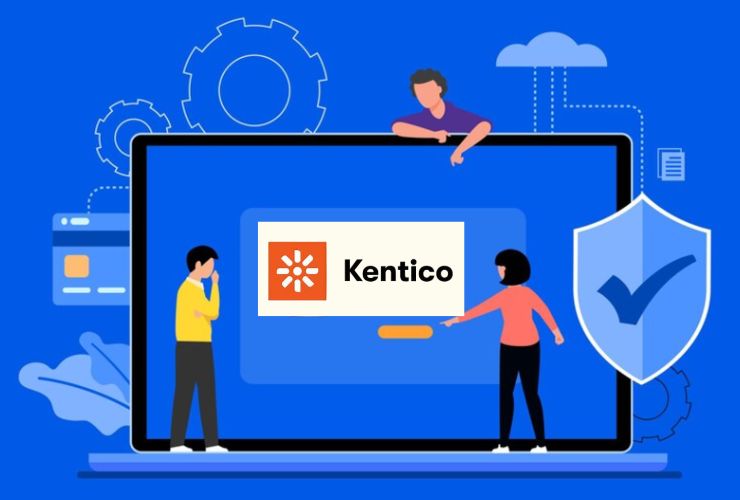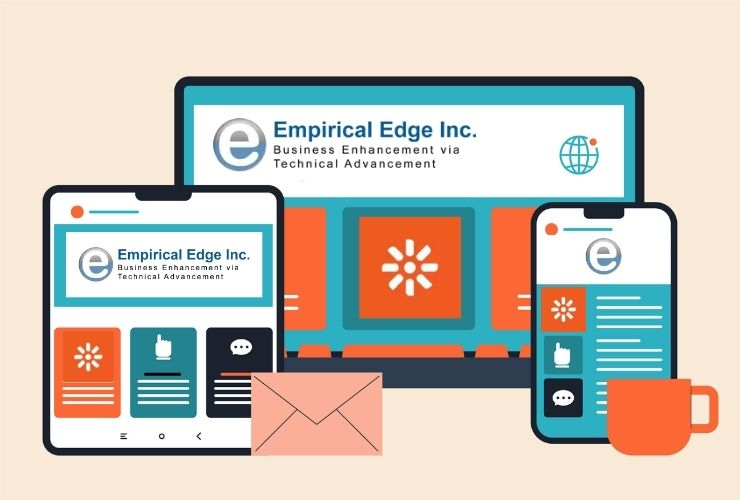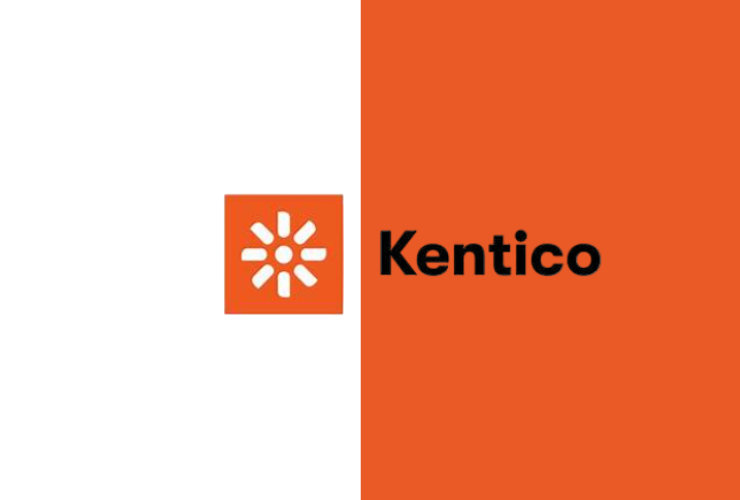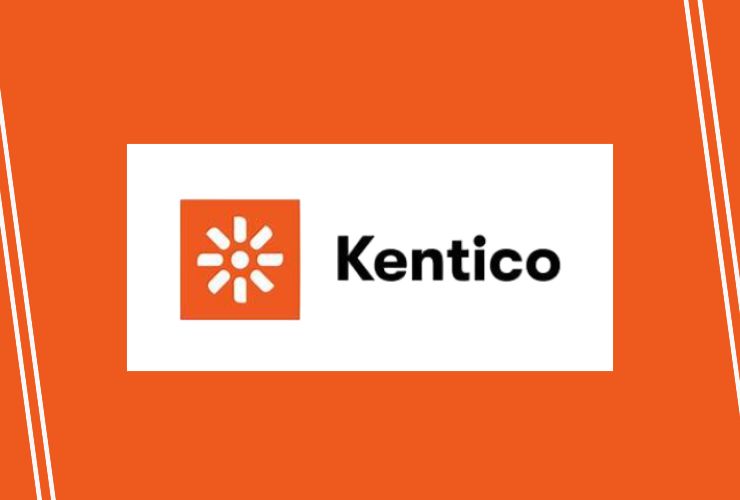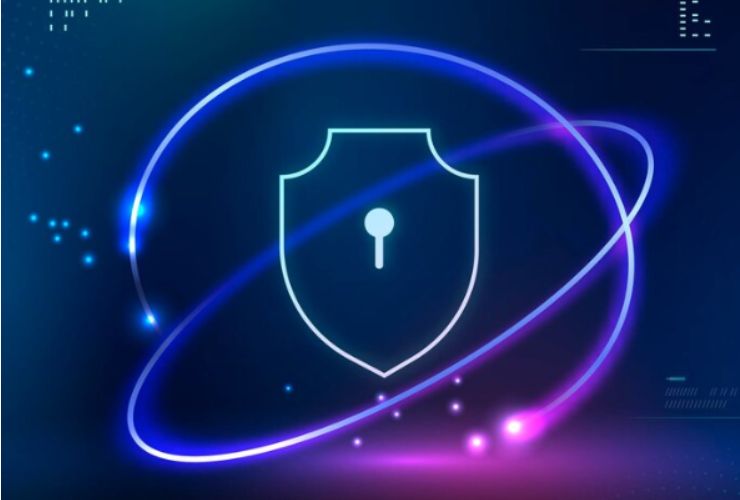1. Built-In Security Features
Kentico makes online security easy with in-built features to protect the website against all types of threats.
- Role-Based Access Control: Administrators can set different permissions for users to restrict which parts of the website can be viewed or edited. This protects against unauthorized access and data leaks.
- Advanced Authentication Protocols: Kentico supports 2FA (two-factor) and MFA, with additional layers of protection against online threats. It also supports and integrates with other external identity providers to ensure seamless and secure login for users.
- Safe Data: Kentico uses encryption and secure cookies to ensure that sensitive data is handled safely, providing peace of mind both for users and businesses.
2. Protection Against Common Vulnerabilities
Kentico actively protects websites from prevalent security threats using strong preventive measures as follows:
- Cross-Site Scripting (XSS): Kentico filters user inputs to prevent malicious scripts from exploiting user data or distortion of the functionality of the website.
- SQL Injection Prevention : Kentico has used parameterized queries to prevent databases from unauthorized access or attempts at modifying data.
- Cross-Site Request Forgery (CSRF): Internal token validation protects websites from unauthorized commands that exploit user credentials.
These features combine to create a secure and reliable digital environment.
3. Regular Updates and Patches
One of the advantages of Kentico is that updates and patches were regularly done. These help solve newly discovered vulnerabilities, so websites are protected against emerging cyber threats. With Kentico, businesses could always have a proactive security approach and thus significantly lower the risk for problems concerning outdated software.
4. HTTPS and SSL Integration
Kentico has streamlined the process of HTTPS and SSL certificates, which are part of modern security in any website. The data communication between the server and users is encrypted with these technologies to hide log-in credentials, personal information, and payment information. In addition, HTTPS enhances rankings on search engines, so businesses gain even more advantages.
5. Audit and Activity Tracking
Security isn’t just about prevention—it’s also about detection and response. Kentico offers robust activity tracking and audit logging, enabling administrators to monitor user actions in real time. Suspicious activities, such as unauthorized access attempts or changes, can be identified and mitigated promptly, ensuring a secure environment.
6. Secure Content Management
Content management is often a weak link in website security. Kentico addresses this by offering:
- Secure Publishing Workflows: Administers have fine-grained control over who in their team can publish, edit, or delete content, reducing accidents and malicious modifications.
- Change Tracking: The changes to your content are logged in detail; businesses can therefore trace the changes and revert back if so desired.
These features ensure that content integrity is maintained without compromising security.
7. Compliance with Security Standards
Companies dealing with sensitive user data have to live up to international security standards. Kentico helps companies comply with such very important regulations, such as:
- General Data Protection Regulation (GDPR): This ensures protection to user’s privacy by managing consent and securing data.
- Health Insurance Portability and Accountability Act is used to cover confidential information in healthcare-related websites.
- Payment Card Industry Data Security Standard (PCI-DSS): It improves the security of payment processing for eCommerce companies.
It is these standards that Kentico helps businesses comply with while earning the trust of their users.
8. Third-Party Integrations with Security in Mind
Modern websites use a lot of third-party tools to add functionality. Kentico supports seamless integration while maintaining strict security protocols:
- API Validation: the tool ensures secure communication between the website and third-party services.
- Sandbox Environments : Allows the experimentation with new tools without damaging the live environment.
This flexibility allows business houses to enhance website capabilities without risking security.
Conclusion
In today’s world where security breaches easily damage reputations and cost businesses much money, companies need to ensure their websites are secure. Kentico provides tools and features that will help developers give people secure, reliable, and high-performing websites. From strong authentication methods to protection against vulnerabilities and supporting the securing of digital assets and the protection of user data, Kentico ensures everything stays protected.
You will improve security and also create trust with your users, which will lead to business growth. Start building a more secure web presence with Kentico today!

